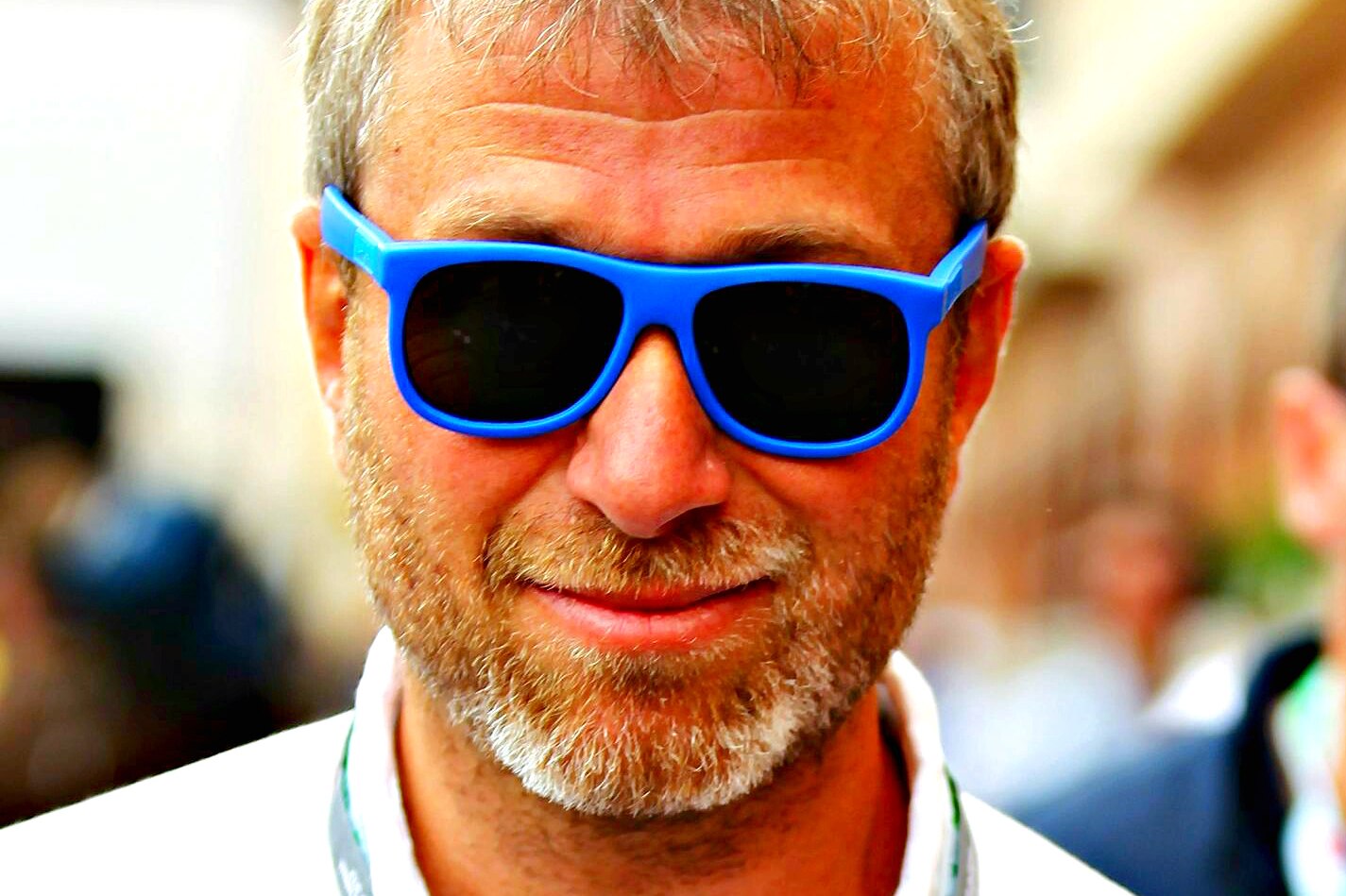What Does Chelsea's £1 Billion 'Debt' Mean for the Club's Future?
May 15, 2015
Unsurprisingly—after 11 seasons, 13 major trophies and 10 managerial appointments—transforming a good-not-great club into one of Europe's superpowers has proved an expensive undertaking.
As noted by the Independent's Sam Wallace, Chelsea Football Club has received £1.04 billion in interest-free loans according to Fordstam, the Blues' parent company.

In its most basic format: Roman Abramovich owes Roman Abramovich £1 billion. This translates to Chelsea being technically debt free.
Should the 48-year-old businessman move money from his right pocket to his left pocket, there is no discernible consequence—provided, of course, he remains the club's owner. Chelsea's "debt," if anything, makes the Russian billionaire more likely to stay in west London and expand his footballing enterprise.
Per Forbes, Abramovich's net worth is £5.85/$9.2 billion. Having no reason to sell the club and, by all accounts, wholly invested in his project's long-term viability (attending youth games, etc.), the Blues' owner appears to fully embrace his position at the helm of Stamford Bridge.

There is, however, one slight issue. According to Wallace's article, from 2014's Fordstam report to 2015's, Chelsea's loan borrowings have increased by £57 million, this despite prudent spending and shrewd selling.
Arriving at Chelsea in July 2003, without the handcuffs of UEFA's financial fair play (FFP) regulations shackled to his bank account, Abramovich used his vast personal fortune to great effect. The Russian mogul had eight seasons to pump billions of pounds into the Blues' squad, infrastructure and global marketing strategies, with little to no consequence.
The 2011/12 campaign saw FFP implemented, and the droves of money flowing into upstart clubs across Europe dried up almost overnight (see AS Monaco). Chelsea was fortuitous, its transformation had just enough time to withstand the regulations, and the Blues proceeded to win the FA Cup and UEFA Champions League in FFP's inaugural year.

It is no longer enough for Abramovich to transfer money from pocket to pocket, Chelsea can only spend what it produces—that makes eliminating Chelsea's mounting loans (which have been around since before Abramovich) problematic.
Number of major domestic and European trophies won post WWII: #CFC—19 Arsenal—19 Tottenham—14
— chelseaTALK (@ChelseaTaIk) May 3, 2015
Were Chelsea's model focused solely on profit (e.g. Arsenal Football Club, etc.), making £1 billion disappear would take time, but it would not be an improbable task.
The club, though, is not run for profit—it exists under Abramovich to win trophies.

In one of his first interviews after buying Chelsea, the then-36-year-old Russian sat down with editor of BBC Business Jeff Randall. When asked if buying the football club was about making money, Abramovich responded:
No, it's not about making money.
I have many much less risky ways of making money than this. I don't want to throw my money away, but it's really about having fun—and that means success and trophies.
From the outset of Abramovich's reign, intentions were clear: win at any cost. Partnering himself with like-minded individuals, such as manager Jose Mourinho, the billionaire has certainly created what he intended.
But where does this leave Chelsea in the future?

Detractors of the Blues' would suggest when the club is inevitably sold, down the drain it will go. At worst: Chelsea is doomed to follow a path to non-league irrelevancy. At best: Premier League mediocrity.
Well, not quite.
Though £1 billion in "debt" is certainly not an ideal situation, the solutions are simple. Short term: spend wisely on players, take advantage of England's best youth academy and market abroad. Long term: should one arrive, a new owner or ownership group would simply buy the club and its debt.

Via Forbes, Chelsea is worth £868 million/$1.37 billion, but sports entities are often sold for over market value. Any person or conglomerate wishing to purchase the club from Abramovich would unquestionably be opulent and intend to carry the Blues' burgeoning reputation as an English giant forward.
In the meantime, Chelsea supporters should focus on the club's silverware count and not too much on spreadsheets.
Abramovich is fulfilling his aim for "fun...success and trophies," bringing all who support his club along with him. Possessing an enigmatic manager and youthful squad, who at Stamford Bridge really has time to focus on the unforeseeable future?
The foreseeable future looks pretty damn good.
*Stats via WhoScored.com; transfer fees via Soccerbase.com where not noted.